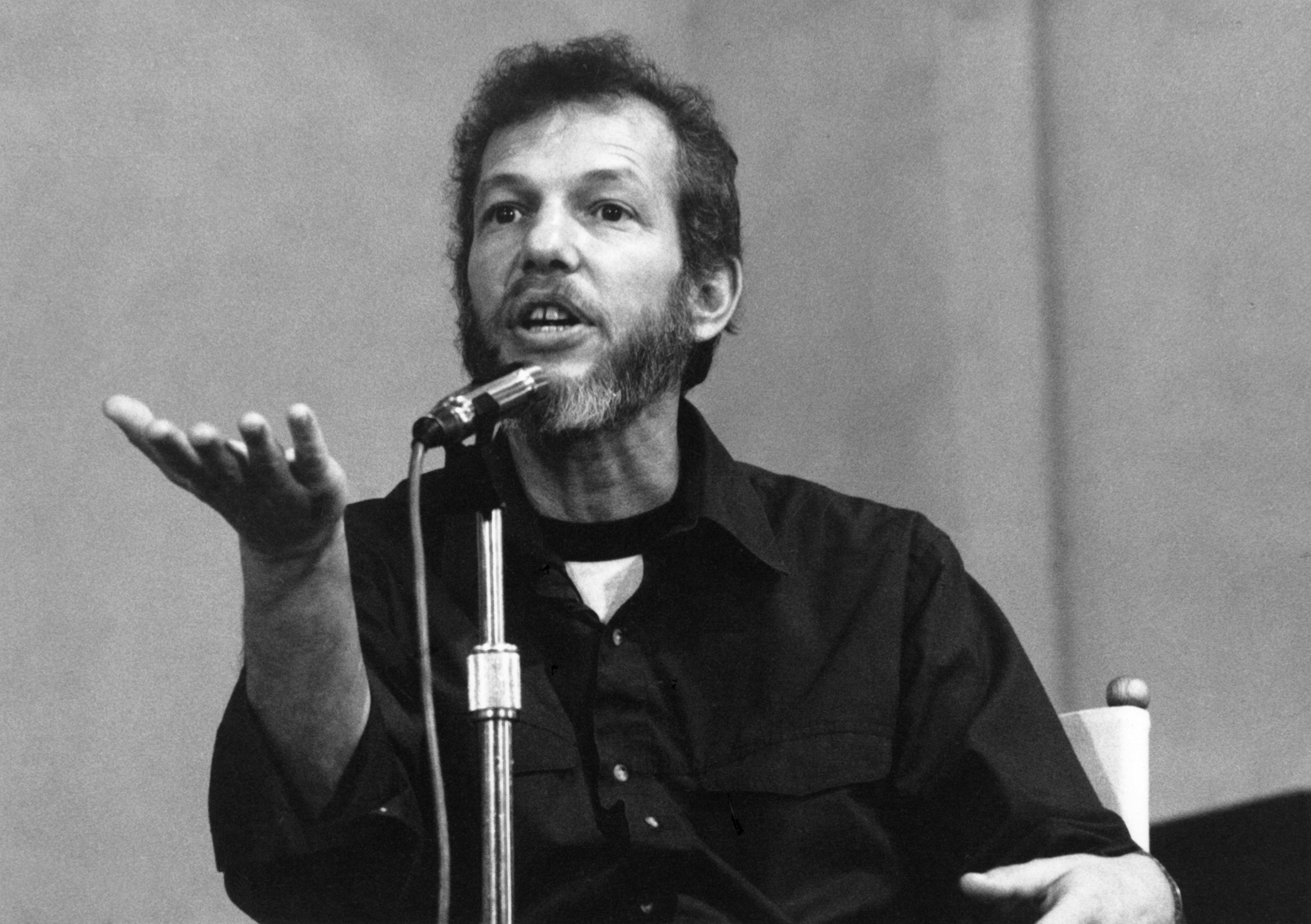Teacher and author Stephen Levine, best known for his pioneering work with death, dying, and grief, passed away last January in his New Mexico home. He was seventy-eight years old.
Levine’s book Who Dies? An Investigation of Conscious Living and Conscious Dying — which he co-wrote with his wife, Ondrea — meant a great deal to me when I first encountered it in 2003, when I was in my mid-twenties. Raised in a Christian, churchgoing family, with a grandmother who was a Methodist minister, I’d had a robust spiritual life. But the more I’d read about other religions, the more I’d questioned some of the tenets of my own faith. I’d begun meditating regularly and had even attended a Buddhist retreat at a monastery in Thailand, but I grappled with Buddhism’s nontheistic aspect. In Who Dies? I discovered provocative teachings that resonated with me. Levine eloquently combined Buddhist principles with other wisdom traditions, and he made allusions to God — whom he variously called “The One,” “The Beloved,” and, comically, “Ugh!” He once said, “One needn’t be a Buddhist, Christian, Jew, Jain, Sufi, or Hindu in order to recognize one’s true nature. One needs only to look deeper, with a merciful awareness and a willingness to go beyond pain.” When I started working at The Sun more than a decade ago, I learned that the magazine had reprinted a chapter from Who Dies? in 1982 and had later published an interview with Levine. His and Ondrea’s writing has also appeared in Sunbeams and on the Dog-Eared Page. I keep a copy of Who Dies? on my bookshelf, and occasionally I’ll take it down and find its message as fresh and meaningful as the first time I came across it.





